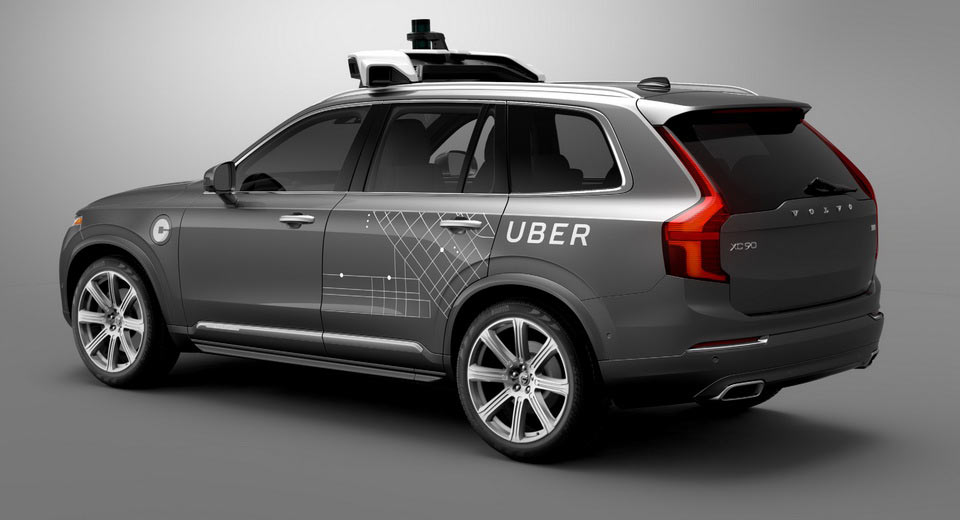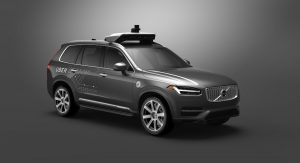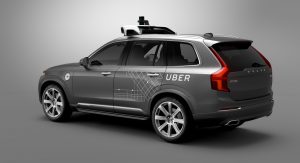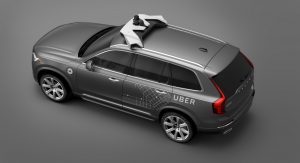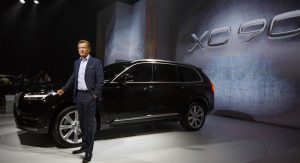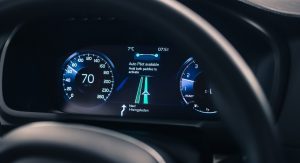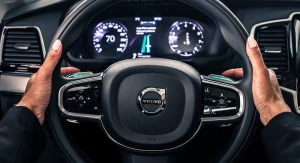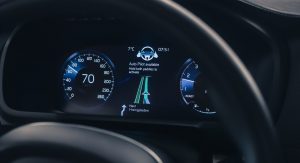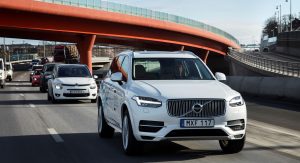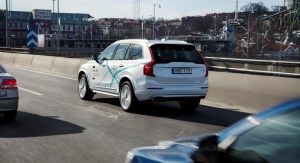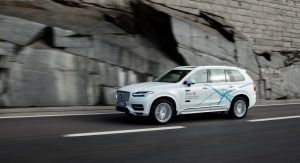Swedish automaker Volvo and Uber, the world’s leading ride-sharing company, are joining forces to develop the next generation of self-driving cars.
Based on their agreement, Volvo will manufacture the vehicles, naturally, while Uber will purchase them and add their own self-developed autonomous driving systems to the base vehicle.
Volvo will then use the same base vehicle for the next stage of its own autonomous car strategy, which involves fully autonomous driving. The two companies are contributing a combined $300 million to this project.
The base vehicle in question will be developed on Volvo’s fully modular Scalable Product Architecture (SPA) – which is currently being used on the automaker’s XC90 SUV, as well as its new S90 and V90 duo.
“Volvo is one of the most progressive and contemporary car makers in the world. It is a world leader in the development of active safety and autonomous drive technology and possesses an unrivaled safety credibility,” said Volvo CEO Hakan Samuelsson. “We are very proud to be the partner of choice for Uber, one of the world’s leading technology companies. This alliance places Volvo at the heart of the current technological revolution in the automotive industry.”
By working together, the two companies will tackle important issues such as safety, redundancy and basically any and all new features required to have fully autonomous cars on the road.
Uber chief executive Travis Kalanick stated that “over one million people die in car accidents every year. These are tragedies that self-driving technology can help solve, but we can’t do this alone. That’s why our partnership with a great manufacturer like Volvo is so important. Volvo is a leader in vehicle development and best-in-class when it comes to safety. By combining the capabilities of Uber and Volvo we will get to the future faster, together.”
Of course what this all means is that drivers currently employed by Uber, around 1 million worldwide according to The Washington Post, could soon enough find themselves out of a job – which is a lot less surprising once you stop to really think about the concept of a fully autonomous car operating for a ride-sharing company. The driver does eventually become obsolete.
The custom XC90 from these images will be among the cars that will offer free introductory rides to passengers in downtown Pittsburgh later this month. Uber has commissioned a fleet of 100 new vehicles from Volvo which will come with tablets in the back seats telling passengers what’s happening and discouraging them from interacting with the drivers – which in this case will be engineers supervising the vehicle itself.
“The goal is to wean us off of having drivers in the car, so we don’t want the public talking to our safety drivers,” said Uber co-founder & chief executive Travis Kalanick. This will of course be a problem for current Uber drivers who work for the ride-sharing company in order to make ends meet.
As for how this will impact the automotive industry itself, Kalanick says that prices will be so low that it will be cheaper to travel in a driverless Uber than in your own private car – to which Volvo CEO Hakan Samuelsson responded that even though something like that “could be seen as a threat, we see it as an opportunity.”



